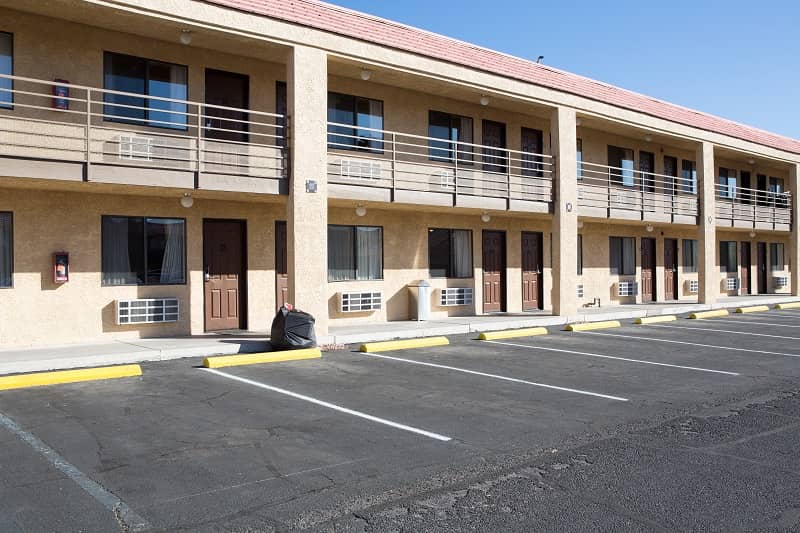By John A. Charles, Jr.
The news from Portland is that despite record levels of revenue, the City Council needs to cut $4 million in spending next year in order to balance the budget.
The news from Salem is that despite record levels of revenue, the Governor needs to close a $1.7 billion dollar budget gap for the next two-year state spending cycle.
It’s not just a coincidence that these messages are the same. Elected officials are almost always poor stewards of public money. No matter how much they receive from property taxes, income taxes, payroll taxes, liquor taxes, garbage taxes, and dozens of other fees and licenses, it’s never enough.
The primary reason is that politicians tend to adopt new programs where the costs are back-loaded. Policies are approved that sound good and don’t seem to cost much in the short-term; but decades out, the costs explode. Public employee pensions are the most painful example of this.
By the time it becomes obvious that we can’t afford the programs, the politicians who approved them are long gone, and the expenses are locked in.
We don’t have a revenue problem in government; we have a spending problem. The top priority at both the Portland City Council and the state legislature should be to reduce or completely eliminate programs before any new taxes are even considered.
John A. Charles, Jr. is President and CEO of Cascade Policy Institute, Oregon’s free market public policy research organization.











